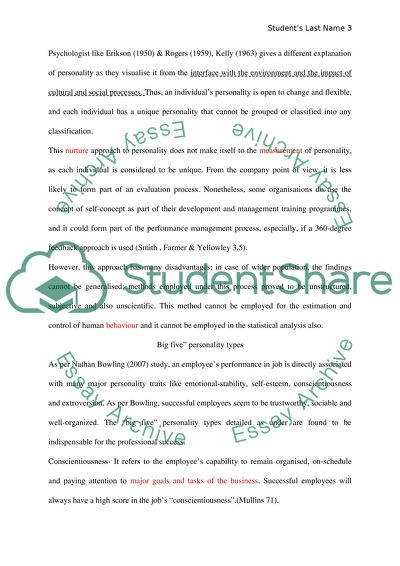Cite this document
(“To what extent does personality predicts employee performance Essay - 3”, n.d.)
To what extent does personality predicts employee performance Essay - 3. Retrieved from https://studentshare.org/human-resources/1647742-to-what-extent-does-personality-predicts-employee-performance
To what extent does personality predicts employee performance Essay - 3. Retrieved from https://studentshare.org/human-resources/1647742-to-what-extent-does-personality-predicts-employee-performance
(To What Extent Does Personality Predicts Employee Performance Essay - 3)
To What Extent Does Personality Predicts Employee Performance Essay - 3. https://studentshare.org/human-resources/1647742-to-what-extent-does-personality-predicts-employee-performance.
To What Extent Does Personality Predicts Employee Performance Essay - 3. https://studentshare.org/human-resources/1647742-to-what-extent-does-personality-predicts-employee-performance.
“To What Extent Does Personality Predicts Employee Performance Essay - 3”, n.d. https://studentshare.org/human-resources/1647742-to-what-extent-does-personality-predicts-employee-performance.


